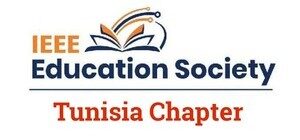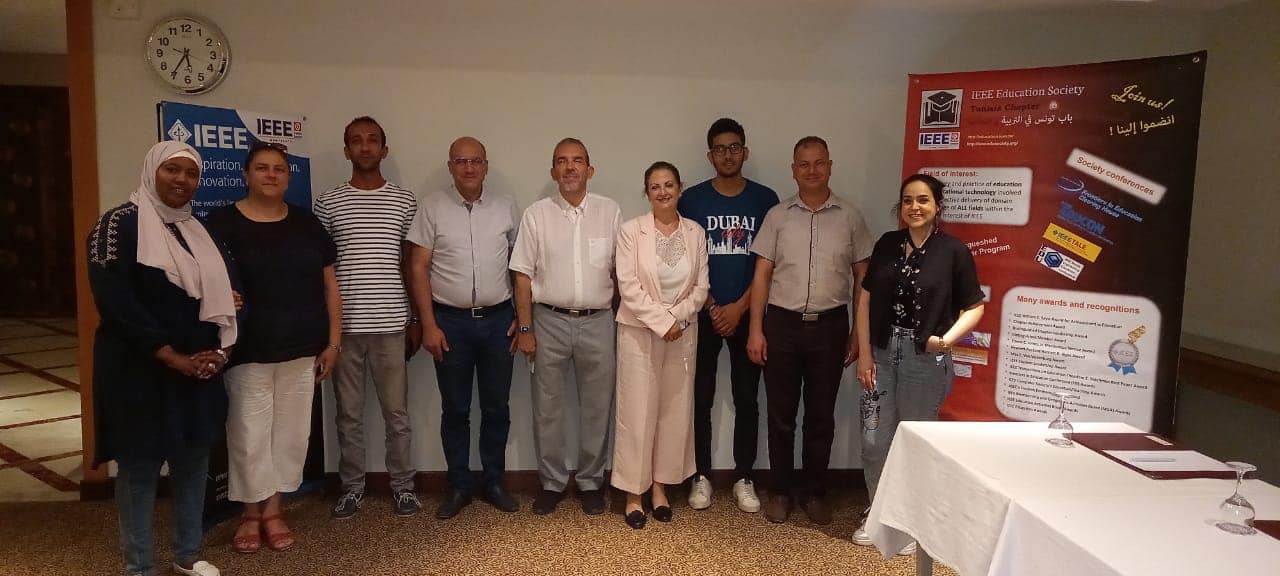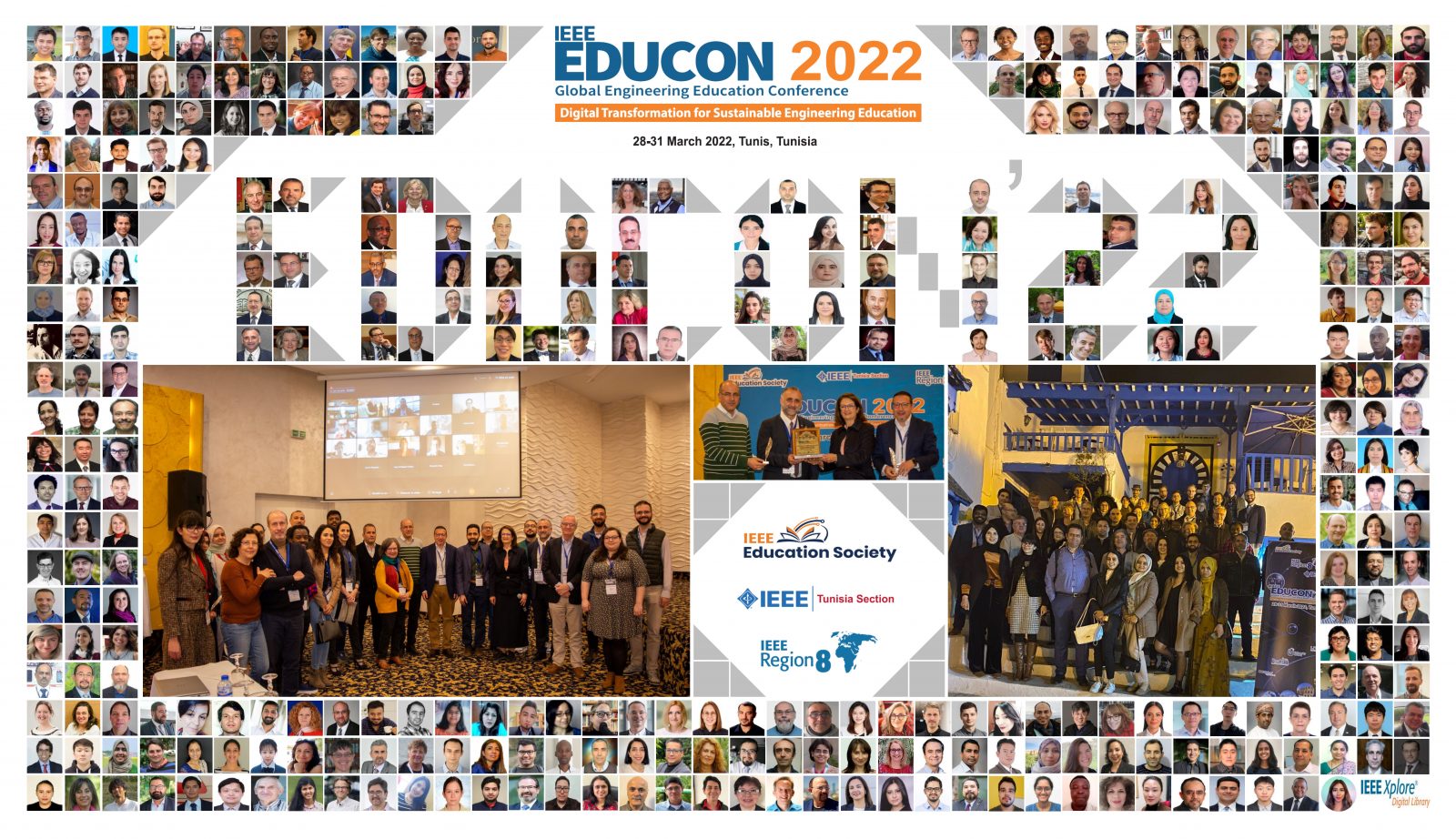On Oct, 29th 2022
This presentation attempts to find out how ‘boundaries’ in Teacher Training are constructed and reconstructed in an age of openness and exchange.
It is also an opportunity to revisit the notion of supervision and the relationship between teachers and teacher trainers. The poster reports a longitudinal study conducted during the period of the project adapted by the ministry of Education as they attempted to call for Senior English teachers help to train non specialist primary school teachers and familiarize them with the ELT pedagogy as well as English language learning/ teaching methods.
18 October 2022
Speaker: Mouna Abdelkefi, of REGIM-Lab: Research Groups in Intelligent Machines, University of Sfax, Tunisia
Email: [email protected]
Histo-verse makes museums now accessible to digital time machines in the form of Virtual Reality. Histo-verse aims to offer the artisans the opportunity to make themselves known, to exhibit and sell their products through a mobile application that appears during the virtual reality experience.
15 October 2022
during IEEE Day celebration
Speaker: Abir Abid, of REGIM-Lab: Research Groups in Intelligent Machines, University of Sfax, Tunisia
21 July 2022
This presentation showed the long journey we had been involved in for more than thirty years in distance education and practical competences, highlighting the convergence with online learning through the use of Technology Enhanced Learning (TEL) in engineering. It also addressed the new challenges we faced after the major effects of the pandemic, emphasizing the need to move toward a more inclusive, diverse, and personalized era of education.
The integration of practical competences within engineering studies—including problem-solving, simulations, remote, and pocket labs—marked the beginning of a new era in these applications, paving the way for the adoption of immersive environments in the future.
The presentation concluded with an introduction to the IEEE Education Society, focusing on its role in educational activities, collaboration events, and guidance for local chapters.
14 May 2022
As a flipped classroom lab, each volunteer learns and practices in real-time to fix all issues in vtools.
This training is a great opportunity to know more about Vtools:
– Vtools overview & Sharing Resources
– Vtools Officer Reporting
– Analytics
– Vtools Events
– Vtools eNotice
– IEEE Contact & Support
31 March 2022
We can all agree we want to make our classes inclusive and accessible to diverse audiences. Despite the barriers we all know exist, the real problem is that we often focus more on the content we are teaching than the results we are creating.
Yet, we can agree it’s true that the more students can focus on the material, the more impact we have.
That’s why, to achieve the goal, we need to create teams of diverse student members. Here’s how—there are three steps:
- Realization: explain how heterogeneous groups have a variety of complementary problem-solving approaches, and how the result is better problem solving.
- Respect: build respect among the student teams. And,
- Regroup: form new groups with team members from a variety of backgrounds.
Not only does that achieve the goal of making our classes more inclusive and accessible, it also prepares students for working in cross-cultural teams, and to innovate through cross-pollination of ideas. And it enhances the reputation of your department as one which serves a diverse set of students and thereby brings more applications for admission to your university from a broad range of students.
29 March 2022
This presentation starts with a discussion on the profound technological changes that have taken place around us during the last two decades, supported by the new disruptive advances both on the software and the hardware sides.
In recent years, in an attempt to change the whole format of industrial automation, these developments have been taken further, especially in Germany, under the label “Industry 4.0” that has recently evolved into “Industry 5.0.” Such engineered systems are named Cyber Physical Systems that are built from, and depends upon, the seamless integration of computational algorithms and physical components.
The dominant feature of the changes is the integration of the virtual world with the physical world through the Internet of Things (IoT). The most recent development is the radical paradigm shift from “connected things” to “connected intelligence.” After reviewing these profound changes, the presentation concentrates on education. A brief history of engineering education is presented, and the recent paradigm changes are discussed, which essentially stress that skills must prevail over degrees to deal with the challenges posed by the trends of the fifth industrial revolution.
28 March 2022
The IEEE Global Engineering Education Conference (EDUCON) 2022 is the thirteenth in a series of conferences that rotate among central locations in IEEE Region 8 (Europe, Middle East and Africa). EDUCON is the flagship conference of the IEEE Education Society.
Held every year since 2010, EDUCON provides an opportunity to scientists, professional engineers, and students to present their work, publish their results, exchange ideas and network for future scientific and industrial collaborations.
The conference will continue to serve as a catalyst for connecting local and international stakeholders hence adding value to the global dialogue on how to positively contribute to the solution of the world’s engineering education.




